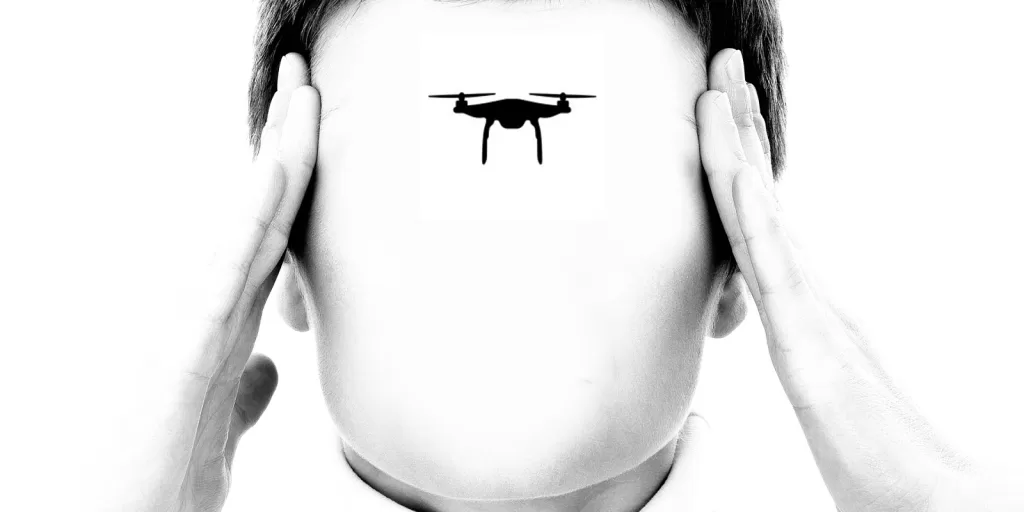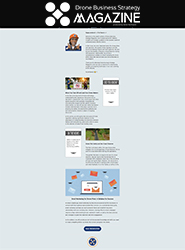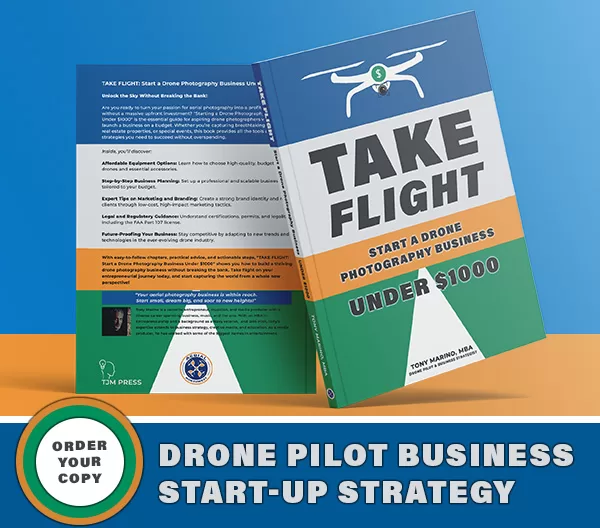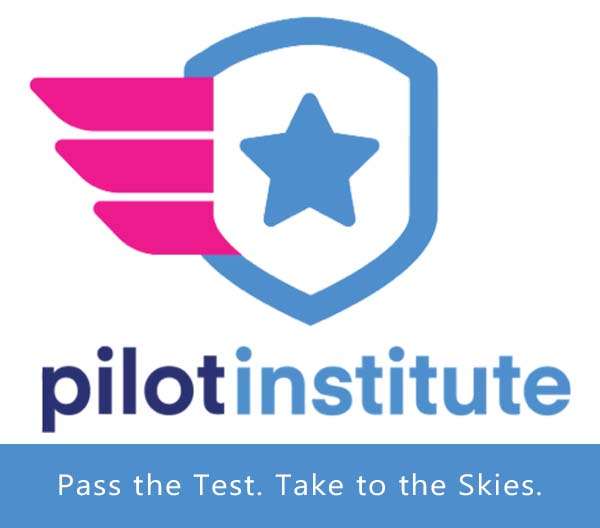
The life of a drone pilot comes with its unique set of challenges, and one critical aspect that demands attention is stress management. Stress can manifest itself in various forms, and understanding how our brain responds to unexpected situations is crucial for maintaining composure in high-pressure scenarios.
Disclaimer: “Drone Pilot Stress Syndrome” is a non-medically approved term coined by our aerial agency to describe factors that may impact drone pilot safety. This term is used descriptively and does not imply a recognized medical condition. Safety measures outlined are based on general stress management principles. Consult relevant professionals for personalized advice.
The Startle Response: A Primitive Reflex
The human startle response, initiated by the amygdala in the limbic system, is an ancient survival mechanism. Historically, it served us well, preparing us for immediate fight or flight responses to imminent threats. However, in the fast-paced world of aviation emergencies, this reflex can be counterproductive, leading to hasty and sometimes inappropriate actions.
The Dangers of Amygdala Hijacks
Amygdala hijacks occur when this part of the brain takes over, driving emotional responses without reasoned analysis. In high-stress situations, drone pilots may find themselves caught in a vortex of inappropriate actions, expending mental energy solely on survival, with no room for rational decision-making.
Coping with Flying Stress
To navigate the challenges of drone piloting effectively, it’s essential to adopt a proactive approach that begins before takeoff and continues throughout the flight.
1. Prepare
Knowledge is power. Be well-versed in handling both normal and abnormal flight situations. Regular practice ensures you can manage challenges effectively when they arise.
2. Anticipate
Identify potential hazards and threats, even if they seem unlikely. This anticipation reduces the likelihood of a startle response, allowing for more measured reactions in emergencies.
3. Plan
Develop plans for dealing with identified hazards and threats. Engage in proficiency flying programs to stay at the top of your game. The FAA WINGS Pilot Proficiency Program is an excellent resource.
4. Brief
Communicate your plan to crew members. Clearly outline what steps you’ll take if the flight deviates from the original plan, including alternate destinations.
5. Manage Flight Resources
Utilize in-flight resources that reduce pilot workload. While automation can be beneficial, avoid over-reliance. Practice to proficiency to ensure comfort in assuming control when needed.
6. Take Timely Action
Address any deviations from the plan immediately. Proactively manage small issues before they escalate into significant problems.
Coping with Day-to-Day Stress
In addition to in-flight stressors, drone pilots must contend with the day-to-day pressures that can impact mental well-being.
1. Time Management
Establish realistic schedules and avoid overcommitting. Resist the pressure to rush tasks. Consistency in time management is key.
2. Rest, Nutrition, and Hydration
Prioritize adequate rest before flying. Maintain a well-balanced diet and stay hydrated throughout the day.
3. Exercise and Fitness
Physical exercise is a proven stress reducer. Fitness enhances your ability to cope with the physical and mental demands of flying.
4. Sense of Humor
Cultivate a sense of humor to maintain a positive attitude. Avoiding a lack of humor can prevent stress-induced depression.
5. Mindfulness Meditation
Incorporate mindfulness meditation into your routine. This practice promotes a calm, positive outlook and serves as a powerful stress reducer.
6. Peer Association
Engage with peers to discuss challenges and best practices. Peer support offers valuable perspectives and aids in personal and professional development.
7. Take Timely Action
Promptly address any deviations from your daily plan. Proactive measures prevent small stressors from snowballing into major issues.
Stress Reduction Strategies
While stress cannot be eliminated entirely, there are strategies to reduce and manage it effectively.
1. Address Physical Causes
Maintain a healthy lifestyle with a balanced diet, regular exercise, and sufficient rest. Combat stressors like hunger and fatigue through proactive measures.
2. Maintain Pilot Proficiency
Participate in proficiency flying programs consistently. This ongoing training ensures competence in standard and emergency procedures.
3. Interact Socially
Regular social interactions with trusted individuals provide diverse perspectives and emotional support, crucial for stress management.
4. Sense of Humor (Reiterated)
A continued emphasis on humor remains a powerful tool for maintaining a positive mindset.
5. Manage Workload
Avoid overcommitting and manage tasks realistically. Balancing personal and professional workloads is vital for sustained well-being.
6. Practice Mindfulness
Incorporate mindfulness meditation into your routine to counteract overthinking and alleviate mental tension.
Conclusion: The Takeaway
As drone pilots navigate the skies, understanding and implementing these strategies can contribute significantly to a more resilient and composed approach to the challenges of the profession. By prioritizing preparation, proactive measures, and holistic well-being, drone pilots can not only cope with stress but also thrive in the dynamic world of aviation.
Be smart, safe, and forever fly!
If you have any questions, let us know! If you’d like to hire us, you can get more information here.
Written by: Tony Marino, MBA – FAA Certified Part 107 Commercial Drone Pilot and Chief Business Strategist at Aerial Northwest
Disclaimer: The information provided in this blog post is for general informational purposes only and should not be construed as legal advice.

DRONE BUSINESS STRATEGY MAGAZINE
A free digital publication made exclusively for all small business drone pilots to them help start-up, become profitable while sustaining a competitive advantage within the drone service industry sector they opt to serve.
“If you love to fly, we’d love to have you come aboard!”
We share your information with no one. Our Privacy Policy.









Leave a Reply
Your email is always safe with us.